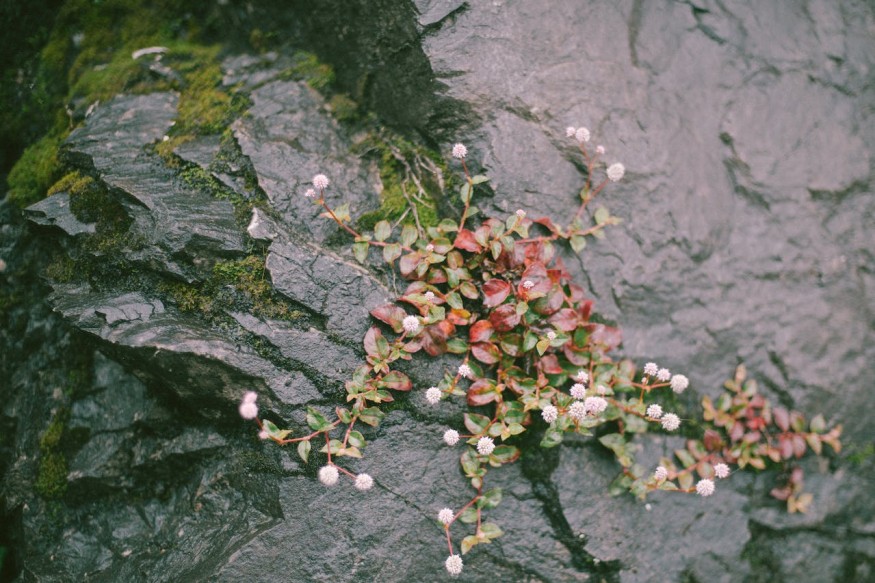
The rise of Japanese knotweed has become a significant threat to homes across the UK. This dangerous plant can cause structural damage to the inside and outside of the house, with the risks including damage to drains and walls and destroying the quality of soil and the growth of plants.
With 5% of UK homes infected by Japanese knotweed, the number of cases has increased by 28% in the last five years, which is raising eyebrows. We give an overview of the dangerous plant and ways to overcome it.
Risks to the Environment
In the UK, Japanese Knotweed poses a significant ecological risk by outcompeting native vegetation and disrupting natural ecosystems. The plant's rapid growth and robust root system allow it to dominate habitats, forming dense thickets that crowd out indigenous flora.
This damage can lead to a loss of biodiversity, affecting insects, birds, and other wildlife that depend on native plants for food and habitat. The alteration of local ecosystems by Japanese Knotweed has cascading effects on soil composition, nutrient cycling, and the overall balance of the ecosystem.
Property and Infrastructure Risks
One of the most immediate and tangible risks associated with Japanese Knotweed in the UK is the threat it poses to properties and infrastructure.
The plant's powerful rhizomes can penetrate foundations, walls, and drainage systems, causing damage that can be both extensive and expensive to repair.
The proximity of Japanese Knotweed to buildings can also affect property values, as potential buyers may be deterred by the costly implications of managing or eradicating the invasive plant.
The potential for the spread of Japanese Knotweed along watercourses further exacerbates the risks of erosion and flooding, impacting both urban and rural areas.
Economic Dangers
The economic consequences of Japanese Knotweed in the UK extend beyond the immediate costs of property damage. Local authorities, businesses, and homeowners face substantial financial burdens associated with the management and control of this invasive species. (Source: Claims Bible)
The expenses related to herbicide treatments, excavation, and disposal of plant material contribute to a considerable economic strain. Additionally, the stigma associated with Japanese Knotweed infestations can hinder property sales and development, affecting the overall economic well-being of affected regions.
Legal and Regulatory Challenges
The increase in Japanese Knotweed infestations in the UK has prompted a heightened focus on legal and regulatory measures. Property owners and land managers must navigate a complex landscape of regulations that govern the control and disclosure of Japanese Knotweed.
Failure to comply with these regulations can result in legal consequences, including fines and potential legal disputes. The evolving legal framework underscores the need for a proactive and informed approach to Japanese Knotweed management to mitigate the legal risks associated with its presence.
Mitigation Strategies and Public Awareness
Addressing the risks posed by Japanese Knotweed in the UK necessitates a concerted effort from various stakeholders. Effective mitigation strategies, including targeted herbicide treatments, excavation, and proper disposal of plant material, are crucial to control the spread of the invasive species. (Source: Getting Ecological)
Public awareness campaigns play a pivotal role in educating communities about the risks associated with Japanese Knotweed and encouraging early detection and reporting. Collaborative efforts between government agencies, environmental organizations, and the public are essential to developing and implementing effective strategies to manage the invasive plant and mitigate its far-reaching consequences.
As Japanese Knotweed continues its relentless expansion across the United Kingdom, the associated risks become increasingly pronounced. The ecological, economic, legal, and societal challenges posed by this invasive species require a comprehensive and proactive approach to mitigation.
Through strategic planning, awareness campaigns, and collaborative efforts, the UK can work towards minimizing the impact of Japanese Knotweed and safeguarding its natural ecosystems, infrastructure, and economic well-being.
© 2025 NatureWorldNews.com All rights reserved. Do not reproduce without permission.





